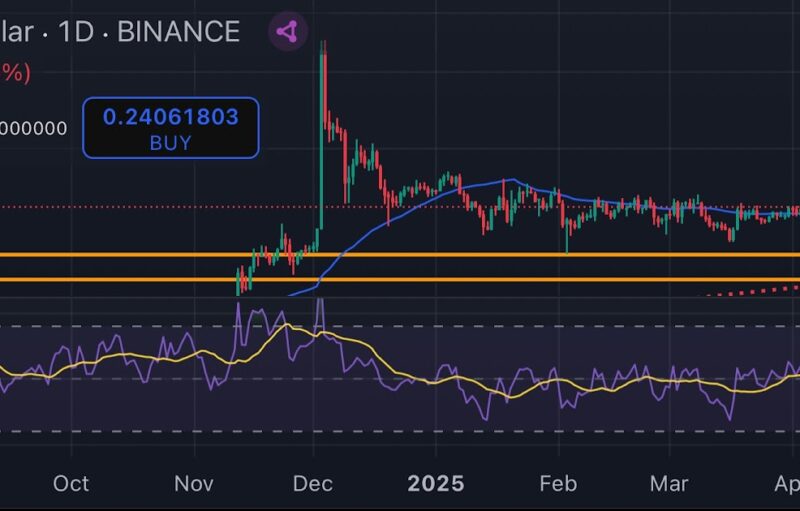
Bitcoin (BTC) has tended to look “boring” in 2019. But the coin has regular, dramatic price moves, exceeding 20% per day. This behavior has continued since BTC moved into the mainstream.
Bitcoin Surprise Moves Happen Despite Overall Low Volatility
Bitcoin saw volatile days from 2017 until now, with 20 occasions of price moves above 20%. This excludes lesser, but also significant price swings. The moves in either direction had various causes, ranging from the initial crash from all-time highs, to short-term rallies. The list includes the latest 42% price swing in October.
Since 2017 there have been twenty 20% or higher intraday moves for $BTC (UTC) pic.twitter.com/7TF55ZNMK5
— Ceteris Paribus (@ceterispar1bus) December 19, 2019
Positive price swings were most common toward the end of 2017, when the bitcoin climb marked a series of phenomenal days, adding thousands of dollars. Perhaps the worst loss was around mid-January 2018, when bitcoin abandoned the $13,000 level to slide to around $9,000.
Crashes tend to be unpredictable, but recoveries are even more surprising, as there is no warning what factors could lift the asset by hundreds or even thousands. Anything from irrational news, to outright price manipulation or bot activity has been presented as an explanation.
With the year-end closing in, bitcoin established a new stability lasting a few days now, just under $7,200. But this level was achieved after bouncing from a $6,500 low in less than one trading day. Yet even this move could not be compared to the potential of BTC for even larger price moves.
Latest Big Move Upward Added 42% in a Day
BTC also produced 11 days of extreme appreciation, against just nine days of crashing in two years. It is precisely the potential for price spikes which adds to “hodling” behavior. At the same time, bitcoin has also gone through protracted price slides, erasing value on a yearly time scale, especially during the 2018 bear market.
In 2019, bitcoin volatility was on the lower side. Currently, the Bitcoin volatility index is at 3.96%, near its minimum. Since BTC expanded its mainstream presence, bitcoin volatility tended to be lower, moving between 1% and a peak at 7%. In its early years, BTC volatility has reached highs of about 14%.
Rapid price climbs also tend to cluster during a short-term period, in which bitcoin reaches its regional highs. Sharp corrections, on the other hand, often happen on a quarterly schedule. Bitcoin remains unpredictable, and the trek to higher valuations is not a clear-cut move. 2020 approaches with the long-term bullish trend preserved, though with uncertainty on how and when peaks would occur, and what could trigger corrections.
What do you think about BTC volatility? Share your thoughts in the comments section below!
Images via Shutterstock, Twitter @Ceterisparab1s
The Rundown
The post appeared first on Bitcoinist






